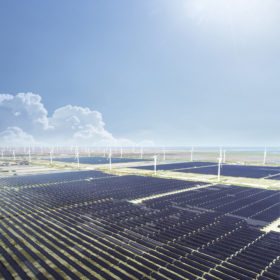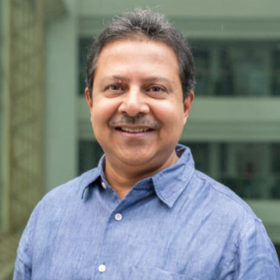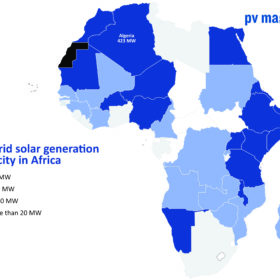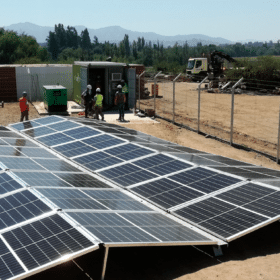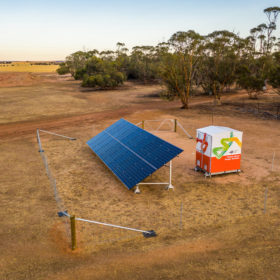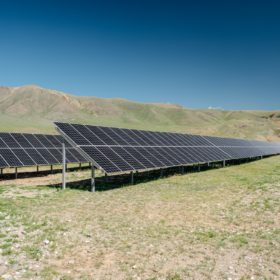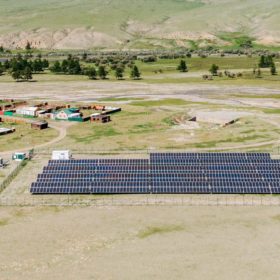The weekend read: China’s battery storage awakening
China’s efforts to shift electricity generation from a coal-dominated system to a greener mix of renewables is not only centered on wind, solar and other technologies – the country is also rapidly pursuing energy storage. Vincent Shaw reports from Shanghai.
Transforming lives with solar mini-grids
Smart Power India, a unit of the Rockefeller Foundation, has supported the installation of 9.2 MW of renewables-based minigrids at more than 300 sites across India. Jaideep Mukherjee, CEO of SPI, recently spoke to pv magazine about the importance of minigrids and barriers to deployment.
East African renewables developers and investors need matchmaking
Lack of grid capacity and renewable energy institutions are a common lament in sub-Saharan Africa but there is no lack of cash to invest, nor eligible projects in East Africa, as a recent event heard; the problem lies in marrying the two.
World Bank supports Burkina Faso’s rural solar electrification with $168m
The funds will be used to implement the country’s Large Scale Solar and Rural Electrification Project. They will also support the government in outlining an upcoming tender for 325 MW of solar coupled with 335 MWh of storage capacity.
Plug-and-play mobile PV system to power solar parks’ construction sites
A Spanish renewable energy company has installed its first, pilot mobile PV unit at a new detention center in Chile.
Solar microgrid to offer protection from fire threats
Remote grids provide enhanced reliability, lower risk profiles, and lower total costs than existing distribution lines.
New factory for standalone solar+storage systems in Australia
Solar and microgrid specialist Hybrid Systems Australia has revealed plans to establish the “world’s biggest” standalone power system manufacturing facility in Western Australia.
Guyana launches series of tenders for off-grid and hybrid solar
The government of the South American nation is seeking to electrify with solar-plus-storage several remote communities through eight different tenders.
Geo-referenced approach to identify communities that can afford PV mini-grids
The novel methodology can be used for 71 countries located across ‘sun belt’ areas of east Asia, South Asia, and sub-Saharan Africa. The model relies on 2014 and 2015 geo-referenced datasets in various formats and spatial resolutions, as well as on a population dataset based on global human settlements (GHSL) and World Bank national-level estimates of electrification.
LCOE of off-grid solar-plus-storage in Russia’s remote areas ranges between $0.19 and $0.29/kWh
Off-grid PV has become a much more viable solution than diesel power generators to bring electricity to Russia’s remotest regions. Furthermore, solar-plus-storage is able to deliver with no interruption 24 hours per day and seven days per week, while fuel availability means diesel power can only ensure between four and seven hours per day.
